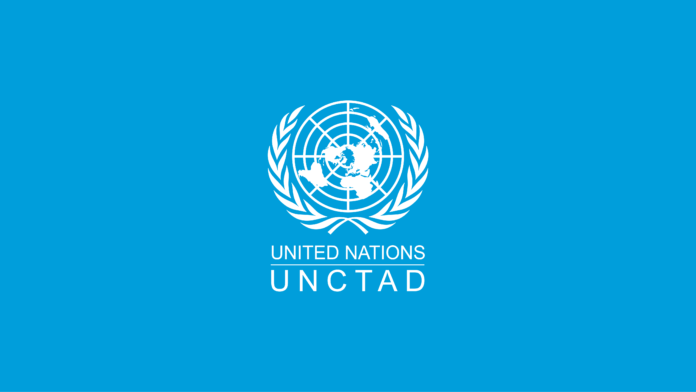UNITED NATIONS: Developing Countries Risk Being Left Behind in Green Tech Revolution
TECHDIGEST- The United Nations Conference on Trade and Development (UNCTAD) has warned that developing countries risk being left behind in the green tech revolution without urgent intervention from developed nations. In its Technology and Innovation Report 2023, UNCTAD highlights the economic inequalities that exist between developing and developed countries, which are likely to worsen due to the former’s difficulty in accessing market opportunities around green technologies.
UNCTAD director Shamika Sirimanne has emphasised that while there is enormous potential for developing countries to benefit from the green technological revolution, there is a high risk that this opportunity could be squandered. The market value of green technologies is projected to be about $2.1tn in 2030, but at present, it is the developed countries that are seizing almost all the opportunities.
READALSO: Vietnamese AI Studio Introduces First Virtual Singer to the Public
The report identifies 17 technologies that are considered to be on the “leading edge of green innovation,” including artificial intelligence, biofuels, electric vehicles and others. These technologies have experienced tremendous growth in the past two decades, with a total market value of $1.5tn in 2020 and potentially reaching $9.5tn by 2030.
However, action is needed to ensure developing countries can make full use of these technologies to meet their climate goals and capture some of the economic opportunity they represent. Governments in developing countries must urgently revamp their industrial, innovation and energy policies to champion the use and development of green technologies and channel more investment into this area.
UNCTAD also urged developed countries to provide a helping hand to their less well-off counterparts to ensure all nations can participate and take full economic advantage of the green tech revolution. The report emphasises that the majority of global renewable energy capacity, technology and expertise is housed within a handful of countries, and the world cannot allow developing countries to fall behind as it transitions to a net-zero, resilient and just future. Developed countries must level the playing field to fast-track renewable energy projects in developing countries, together with international financial institutions and the private sector, to harness the full potential of a just transition for all countries.
Missing this technological wave because of insufficient policy attention or lack of targeted investment in building capacities would have long-lasting negative implications. The fight against climate change is everybody’s fight, and it is time for developed countries to step up and do their bit to ensure equitable access to renewable
















